Noche Buena and The Peruvian Christmas
By Diana P. Olano
Those of us from the Northern Hemisphere probably associate Christmas with pine trees, mistletoe and, oh yeah, cold weather. However, for those countries located below the equator, the holiday occurs right at the start of the summer season. Peru is one of the countries that have the luck to be able to celebrate this holiday in mild temperatures. The differences don’t stop there as much of the way in which Peruvians celebrate Christmas is unique, especially when it comes to what foods they eat.
The festivities don’t begin on the 25th, but rather on the night of the 24th which is called Noche Buena (Good Night). Some choose to attend the “misa de gallo” (rooster mass) at 10 pm, while others choose to remain at home before the clock strikes 12. Once midnight comes, families make a toast (typically with champagne) in honor of the birth of Jesus, as well as have wished family, friends and neighbors a merry Christmas. They then gather for a bountiful feast.
The most popular entrée of the evening is the tamal: a steam-cooked corn meal dough, wrapped in banana leaves. The corn meal is typically filled with chicken or pork, along with olives, peanuts, pieces of chili pepper or boiled eggs. Tamales exist all over Latin and Central America. However, the Peruvian tamale tends to be spicier and larger.
Like many other countries, Peru also has a large, juicy turkey as the star for Christmas dinner. The turkey is seasoned with condiments found in many Peruvian dishes (salt, pepper, aji panca), but with the addition of an apple inserted in the bird to give it a distinct taste and aroma: sweet and spicy. Some also inject shots of pisco into the turkey. More than 50 percent of the turkeys Peruvians eat yearly are consumed during this holiday season.
As a delicious alternative, some families also serve lechón (roast pork) as their main dish. Seasoned with the same basic condiments, it’s a household favorite, served not only on Christmas but for holidays throughout the year.
Side dishes for the turkey or lechón include a Waldorf salad, which consists of apples, celery, mayonnaise, grapes and chopped nuts; sweet potato purée; apple sauce ; and a version of Arabic rice that features Brazilian nuts, raisins and curry. These accompaniments, of course, vary with every household.
Finally for dessert, the most emblematic Peruvian Christmas food is served: panetón. Though it actually originated in Italy—Italian immigrant Antonio D’Onofrio brought it over— the cupola-shaped sweet bread, made with cured dough and containing candied orange, lemon zest, raisins and other dried fruits, is extremely popular in Peru. Here, one can’t think Christmas without thinking panetón. Butter serves as a spread over a toasted slice of the bread and steaming cup of hot chocolate usually accompanies it.
Once bellies are full, the streets become littered with crowds. Not only are people out trying to visit and “saludar” (greet) family and friends but some are also out lighting fireworks. It’s summer here, remember? Though a dangerous activity if not done correctly (not not mention illegal), some take the risk for the sake of adding to the celebrations.
Gifts have been opened by this point, so the kids are either trying out their new toys or being put to bed. Depending on your family, the rest of the night might consist of watching movies, chatting amongst each other over drinks and just spending a relaxing evening with the people you care about. For others, however, this is when party begins. With living room sofas pushed aside to make room for a dance floor, the adults drink and dance the night away. The earliest one of these parties can end is 5 am, and even that might be considered too early for some. Peruvians who spend Christmas eve/morning this way usually spend Christmas day recovering.
Christmas day also consists of attending mass, visiting friends or family you didn’t get to see the night before and eating turkey sandwiches. That is, of course, if any turkey was leftover.
Tags: arroz arabe, christmas, diana p. olano, fireworks, noche buena, paneton, summer, tamales, tasa de chocolate, turkey



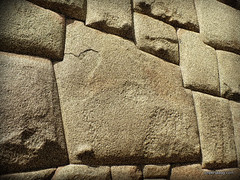
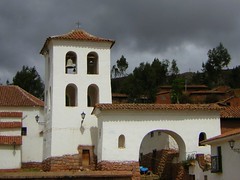
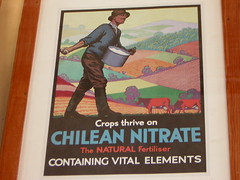
![The Andean Sistene Chapel in Andahuaylillas [Featured]](http://farm4.static.flickr.com/3240/2982277581_a1f1893c12_m.jpg)
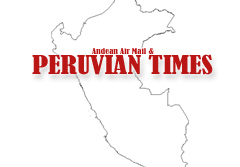
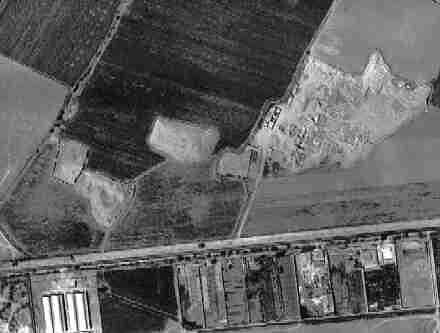
![When the U.S. sneezes, Peru drinks tea. [Featured]](http://farm4.static.flickr.com/3192/2959833537_af77ed5003_m.jpg)
